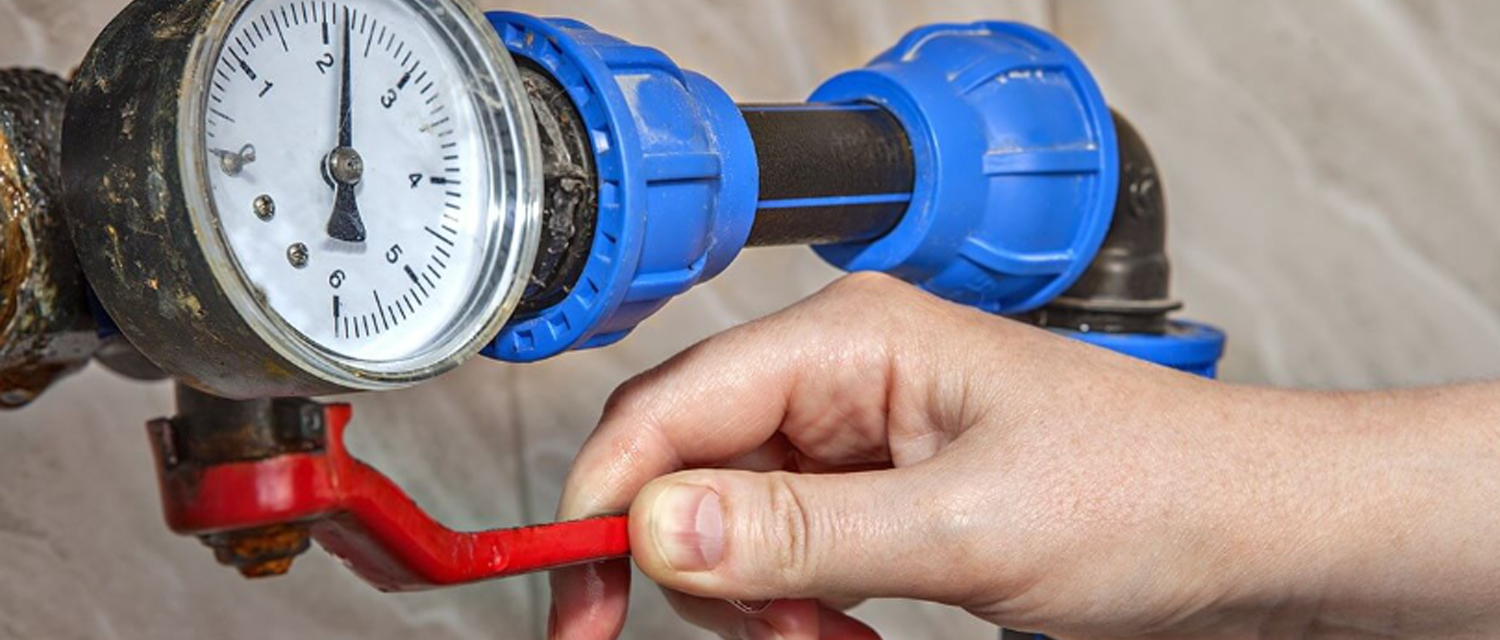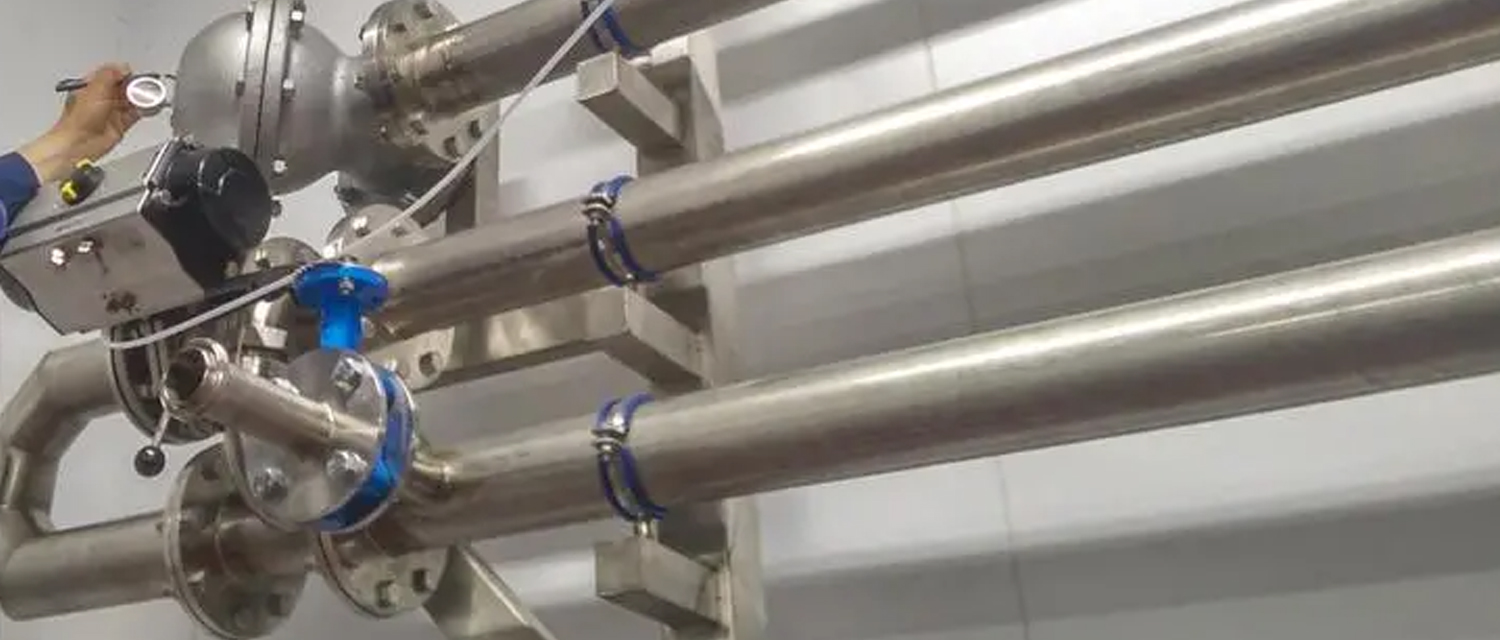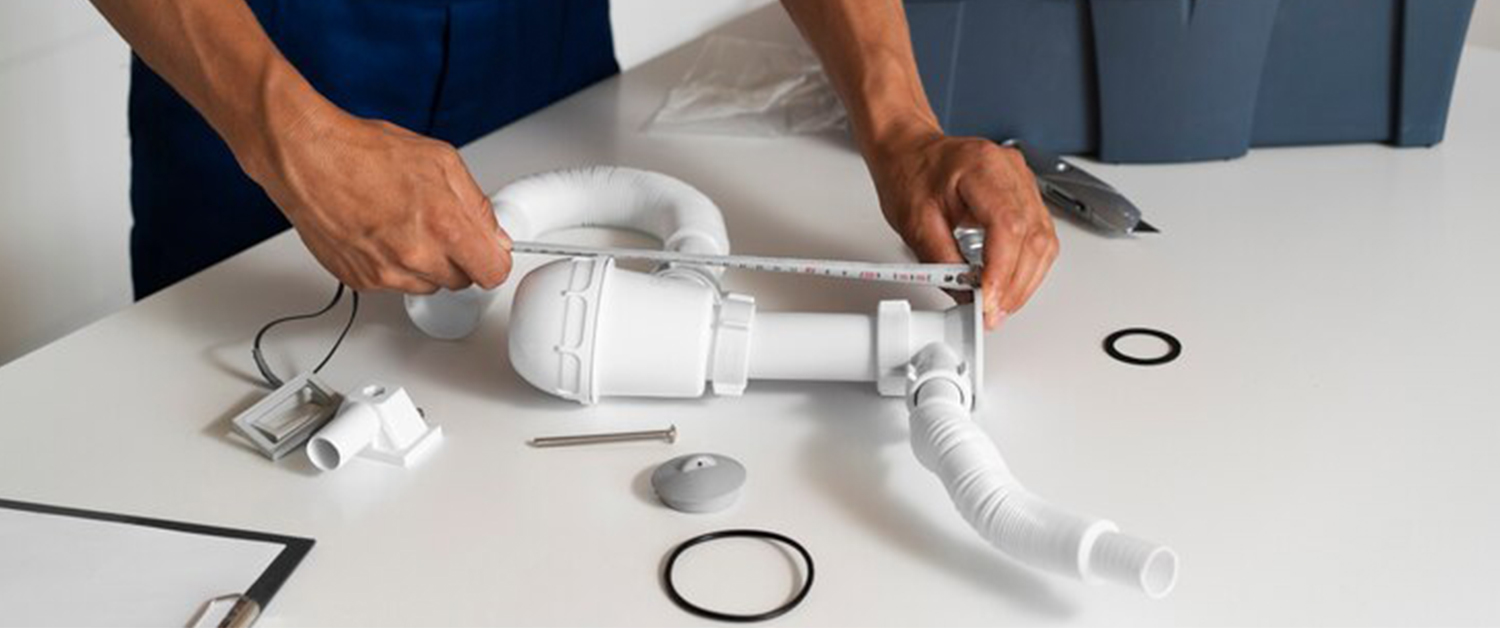Water is essential to our everyday lives. It fulfils a lot of purposes in our daily lives, particularly in our houses. Water is essential for everything from washing to cooking, and its value cannot be overstated. But, there are a few scenarios like leaks or plumbing problems that might occur, so homeowners must know how to turn the water off to the house supply. This comprehensive blog will explain the many conditions that call for cutting off the water supply, explore the fundamental relevance of this ability, and offer a comprehensive, step-by-step method.
Why Turning Off the Water Is Important?
- Preventing Water Damage During Leakage Or Pipe Bursts: If leakage or pipe bursts have happened at your home, you can turn off your water supply. If you know how to turn the water off in the house quickly, this can make a difference in such conditions. This way you can prevent water damage during such accidents and emergencies.
- Facilitating Plumbing Repairs And Maintenance: It is essential to know how to turn water off in the house to particular sections while doing regular maintenance or plumbing repairs. Being aware of such information ensures that there is a seamless procedure to save your house at times of emergency and permit repairs without interfering with the house's water supply.
- Enhancing Overall Home Security: Cutting off the water becomes a security precaution as well. Moreover, when you're away for a long time, as on vacation, by taking this step, you may increase the overall security of your property by preventing any leaks or pipe breaks from inflicting major damage while you are away.
Identifying Your Water Shut-Off Valves
- Main Water Shut-Off Valve: Usually, the water shut-off valve is found close to the place where the main water line enters your house. This might be outside close to the foundation in warmer areas, or it could be in the utility room or basement. It's important to know where it is in advance so that you can react quickly in case of an emergency.
- Shut-Off Valves For Specific Fixtures: Numerous fixtures have shut-off valves of their own in addition to the main shut-off valve. These valves are frequently located behind toilets, under sinks, and even behind dishwashers and washing machines. When doing maintenance or repairs, know how to turn the water off to the house, so that accurate water management may be achieved by beforehand identifying these valves.
Tools You May Need And Safety Tips For Using Tools
Essential Tools For Shutting Off the Water: Before you decide to turn off the water supply, collect the necessary equipment, such as pliers, an adjustable wrench, and maybe a pipe wrench. These instruments are essential for efficiently using different kinds of shut-off valves. Safety should always come first, so wear the proper gear.
Safety Tips While Using Tools: Make sure to care about all the necessary tools as you know how important it is to use them carefully. When twisting valves, maintain a firm grasp on the instrument, use steady, controlled force, and keep an eye out for any possible risks. If you run across resistance, don't force the valve and, if necessary, get expert assistance.
Step By Step Guide: How To Turn Off the Water Supply
Main Water Shut Off Valve
Step By Step Instructions On How To Turn Off Water Supply To House
- Find the primary valve for shut-off: Locate the primary shut-off valve first. Depending on your climate, this might entail examining the exterior or interior of your house.
- Turn the valve clockwise (right) until it's fully closed: After locating the valve and turning it clockwise (right) until it is entirely closed, firmly grab it using pliers or an adjustable wrench. When it reaches the fully closed position, turn it clockwise, or to the right. By doing this, the water supply to your whole house is shut off.
- Test faucets to make sure the water is no longer flowing: Turn on a faucet somewhere in your house to be sure the water supply has been shut off. You have successfully turned off the main water supply if there is no water leakage.
Fixture-Specific Shut-Off Valve
Step By Step Instructions For Shutting Off Water To Specific Fixtures
- Turn the valve clockwise using pliers or an adjustable wrench until it closes: The fixture-specific valve should be turned clockwise (to the right) with an adjustable wrench or pliers until it is fully closed, much like the main shut-off valve. To avoid slippage, make sure your hold on the instrument is firm.
- Confirm that the water flow has stopped by turning on the corresponding fixture: Turn on the matching faucet or flush the toilet to confirm that the water supply to that particular fixture has been effectively switched off. When the water stopped flowing, the shut-off was successful.
You may safely and efficiently switch off the water supply in a variety of situations by following these step-by-step procedures, whether it's for a small-scale plumbing repair or to address a more general household problem.
When To Turn Off The Water?
Consider the water system in your house as a huge network of pipes. You may occasionally need to regulate the water's flow. The following scenarios call for closing specific valves:
- Leaks: It feels like your house is leaking when you find water in places it shouldn't be, like on the floor or under sinks. You can halt the water and stop more harm by turning off the water.
- Plumbing Repairs: A plumber may occasionally need to shut off the water while they work. The valves function better when turned off since they don't get wet.
- Vacations: When you travel on vacation, it's a good idea to turn off the water, just as you do with the lights. It's similar to taking a little break for your pipes.
- Long Trips: Shutting off the water is like putting your house to sleep if you're going to be gone from it for an extended time. It ensures that nothing will go wrong when you're away.
Safety Tips For Turning Off Water Supply
While turning off the water supply may seem simple, safety comes first! Think of it like dressing like a superhero before saving the day:
- Put on Protective Gear: You should put on gloves and safety glasses. It protects you from any unforeseen splashes.
- Wear the Appropriate Equipment: Consider wearing the appropriate tool kit that is required while operating the water system. Moreover, to close the valves, use the appropriate instruments, such as a wrench. Using the right equipment helps to facilitate and secure the work.
- Stuck Valves: Just like a jar that won't open, valves can occasionally be a little difficult. Use your all power, have patience, and try not to push yourself too much. If then also it's too difficult, get assistance!
Water Supply Valve Regular Maintenance Tips
Consider your valves as the vital part that works in the background. Hence, it also requires some attention:
- Periodic checks of shut-off valves: Take time now and again to check on your valves. Verify that they are not acting strangely or hiding leaks.
- Keeping valves in good working condition: Consider giving oil and grease to the little valves after some time to swing smoothly.
Recall that being an owner of a property is a huge responsibility. Therefore knowing how to turn off the water supply could be a huge favor. Hence, maintenance of the property can be done easily.
Conclusion
Being well learned about how to turn off the water in the house is an essential part of being a responsible homeowner. It may help you to be aware of all the loops and poles of the house related to problems that are caused during water leakage, plumbing repairs, guard against water damage during crises, and much more. Hence, it will help to improve the security of your house. Maintaining a well-maintained and resilient household involves knowing your home's plumbing system, doing routine maintenance, and acting quickly in emergency circumstances.
FAQs
- How frequently should my shut-off valves be checked?
It is advised to have regular checkups at least twice a year. But it's best to check them after bad weather or before departing for a lengthy period.
- How do I handle a jammed shut-off valve?
After putting penetrating oil on the valve, let it a few minutes to settle. Try to flip it again gently. In case it is still stuck, you may consult a recognized plumber.
- Is there a tool that I can use to turn off the water?
Pliers and adjustable wrenches are frequently used to turn off the water supply. But, make sure the instrument fits the valve firmly to prevent slippage and possible harm.
- Is it required to turn off the primary water supply while going on vacation?
Indeed, shutting off the main water supply before leaving town helps to avoid leaks or bursts and protects your house from water damage.
- Which expert services should I seek if I have problems with water?
Get help from a well-known plumber if you're having complicated plumbing problems or can't find or how to turn off water supply to house. Professional plumbers are equipped with the knowledge and resources necessary to handle complex issues of how to turn water off in the house.







